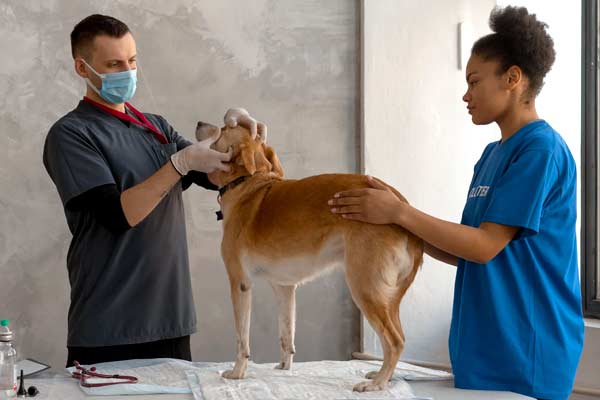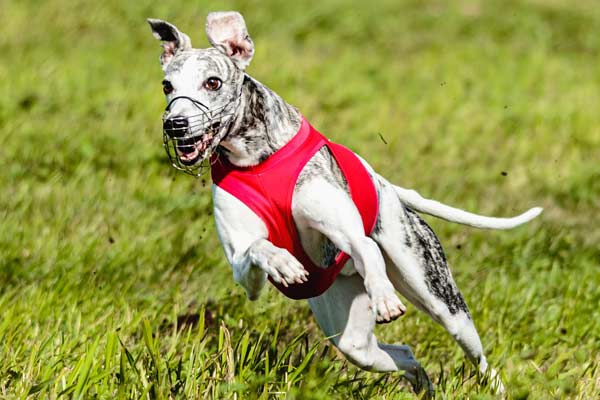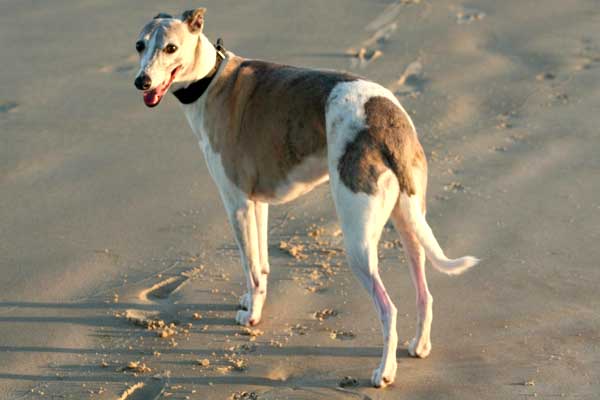When to Spay or Neuter Your Whippet: Get the Facts You Need
Are you the proud parent of a Whippet? If so, it is essential to consider spaying or neutering your pup to ensure its health and well-being. Not only do these procedures help prevent specific medical issues, but they also can improve the bond between pet parents and their four-legged friends.
But when should you get your Whippet spayed or neutered? What are the pros and cons of doing so? How much does it cost? And how do you comfort them after the procedure?
This blog post will thoroughly explore all these questions about spaying and neutering Whippets!
Reasons to Spay or Neuter Your Whippet
Spaying or neutering your Whippet can provide significant health and behavioral benefits.
- Minimizing the risk of breast cancer and uterine infections: Spaying your female Whippet before her first heat cycle can drastically reduce their chances of getting these types of cancers.
- End unplanned litters: As the current number of homeless animals is already too high, we must spay or neuter our Whippets to play our part and reduce unexpected pups.
- It is essential to neuter your male Whippet to protect him from testicular cancer and other illnesses he may experience later on in life.
- Spaying and neutering your pet can significantly lower the chances of several health risks, such as urinary tract infections and pyometra.
- Neutering your Whippet can help eliminate any potential risks of aggression or territorial actions in the future. It is a great way to ensure that your pet remains calm and friendly for years to come!
- Spaying or neutering your Whippet can help to reduce behavioral issues like excessive barking, restlessness, and marking. This process may make a difference in the way they act.
Best Age to Spay a Whippet
The best age to neuter or spay a Whippet is preferably between 6 to 9 months. It is essential to consider the Whippet size when determining this timeline. A Whippet puppy typically stops growing by around 12-15 months. Speak with your veterinarian for more information regarding the ideal timing for your pet’s procedure.
At What Age Do Whippets Go into Heat, and How Often Does This Cycle Occur?
Female Whippets generally enter their heat cycle every 6-8 months, usually beginning around the age of 6-9 months. This cycle can last for an average of 21 days, in which the female Whippet experiences several physical and hormonal changes, a swollen vulva, bloody discharge, increased appetite, and restlessness.
Pros and Cons of Neutering a Dog
Pros
- Prevention of unwanted puppies
- Reduction in the risk of certain types of cancers
- Reduced aggressive behavior and fewer marking habits
- Improved overall health due to less strain on organs such as the prostate or testes
Cons
- Anesthesia and surgery risks associated with general anesthesia during neutering procedure
- Possibility of weight gain after the procedure if not appropriately monitored by owners
- Potential for reduced hormone levels that can cause a decrease in energy levels, libido, and alertness
- The process can be expensive, depending on where you live and the vet you use.
What’s the Difference Between Spayed and Neutered Dog?
Dog neutering involves removing a dog’s reproductive organs, either all or part of them. Neutering usually takes about 20 minutes and can help prevent specific health issues like testicular cancer and undesirable behaviors like aggression or humping.
Spaying a dog can ensure your pet lives long and healthy. Spaying a dog removes its reproductive organs, all or part of them. It typically takes about 20 minutes.

How Much Does It Cost to Neuter a Dog?
The cost to neuter a dog can vary greatly depending on the size and age of the dog, where you get it done, and any additional services that may be needed. In general, neutering a male dog will range in cost from $45 to $135. For female dogs, spaying costs between $50-250. Additional charges may also apply for pre-surgical lab tests or pain medications.
How Do I Comfort My Dog After Neutering?
Neutering a dog can be an emotionally challenging experience for both you and your pet. It is essential to provide lots of support and comfort to your pup during post-surgery recovery.
Here are a few steps you can take to ensure that your puppy feels comfortable and supported:
Keep Your Dog Calm and Relaxed
Encourage your canine to move around as little as possible. This will help reduce the risk of infection and keep them comfortable. However, remember that a little mental stimulation can also benefit!
Providing low-key activities such as interactive toys or gentle brushing is a great way to keep your pup occupied and relaxed.
Provide Your Dog With a Soft Bed
Your furry friend needs rest and snuggles to recover from the surgery; make sure their bed is comfortable and supportive.
You can even use an old pillow or towel as padding to minimize any potential discomfort they may feel while sleeping.
Monitor Your Dog’s Eating Habits
It is usual for dogs to lose their appetite after undergoing surgery. To help your pup regain its appetite, consider providing smaller meals throughout the day or serving incredibly enticing food like a favorite treat. Make sure to provide plenty of water too!
Give Your Dog Plenty of Love and Attention
Your puppy needs plenty of TLC during their recovery period. They’ll appreciate all the extra attention! Make sure to give them lots of cuddles and reassurance when feeling anxious or scared.
Conclusion
Neutering or spaying a whippet is an important decision that should be made based on your individual pet’s needs.
It can help prevent unwanted puppies, reduce the risk of certain cancers and aggressive behavior, improve overall health, and even extend the life of your beloved canine companion.
While some risks are associated with surgery during neutering procedures and the potential for weight gain afterward, these issues can usually be avoided if proper precautions are taken before and after the procedure.






